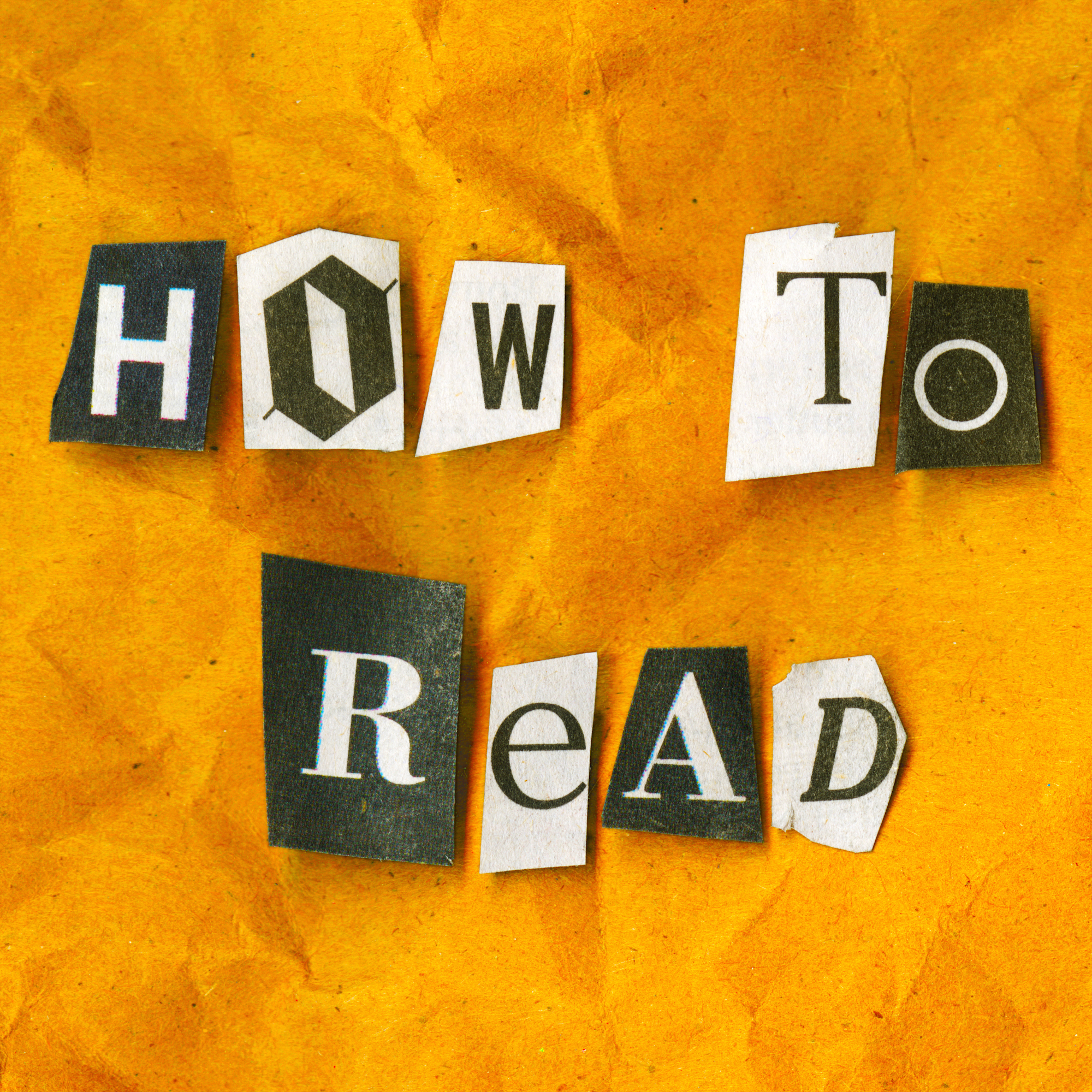The hidden politics of translation
Description
During the Cold War, the US and Chinese governments didn’t drop bombs on each other, but they did drop translated works of literature. In fact, national governments put a lot of effort into creating translations that covertly served their political agendas. In the case of the US, this meant emphasizing values like freedom and self-reliance, with which they hoped to win the hearts and minds of Chinese readers. But while propaganda is meant to convey one simple message, Lamyu Maria Bo argues that literature can’t be reduced to a single meaning – and meanings multiply even more in translation.
More Episodes
Reading today is typically silent - whether reading a book in a library or reading messages on our phones, we don’t expect the activity to be noisy. At most, we expect the sound of a page quietly turning. But Andrew Albin is interested in the medieval period, when books made all kinds of sounds....
Published 04/01/22
Published 04/01/22
When you think about historical reenactment, you probably think about reenacting Civil War battles or performing a character at a Renaissance fair. But Catherine Grant is interested in artists who use reenactment to ask questions about the history of feminist and queer activism, and the role of...
Published 03/18/22


